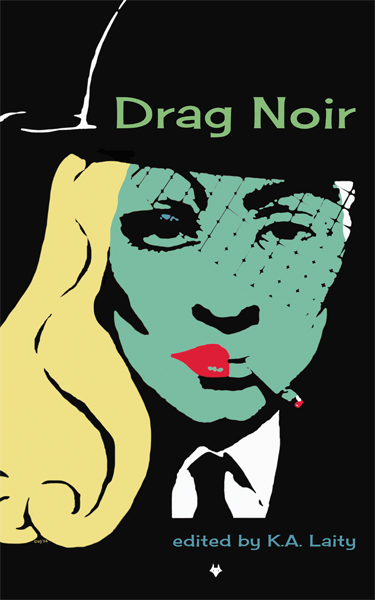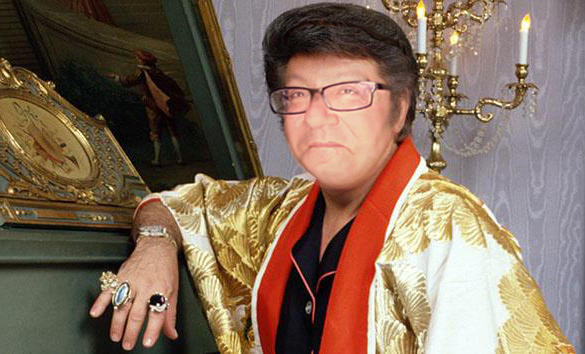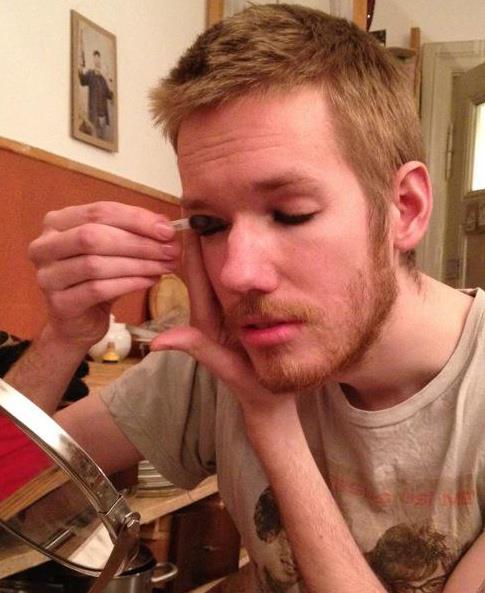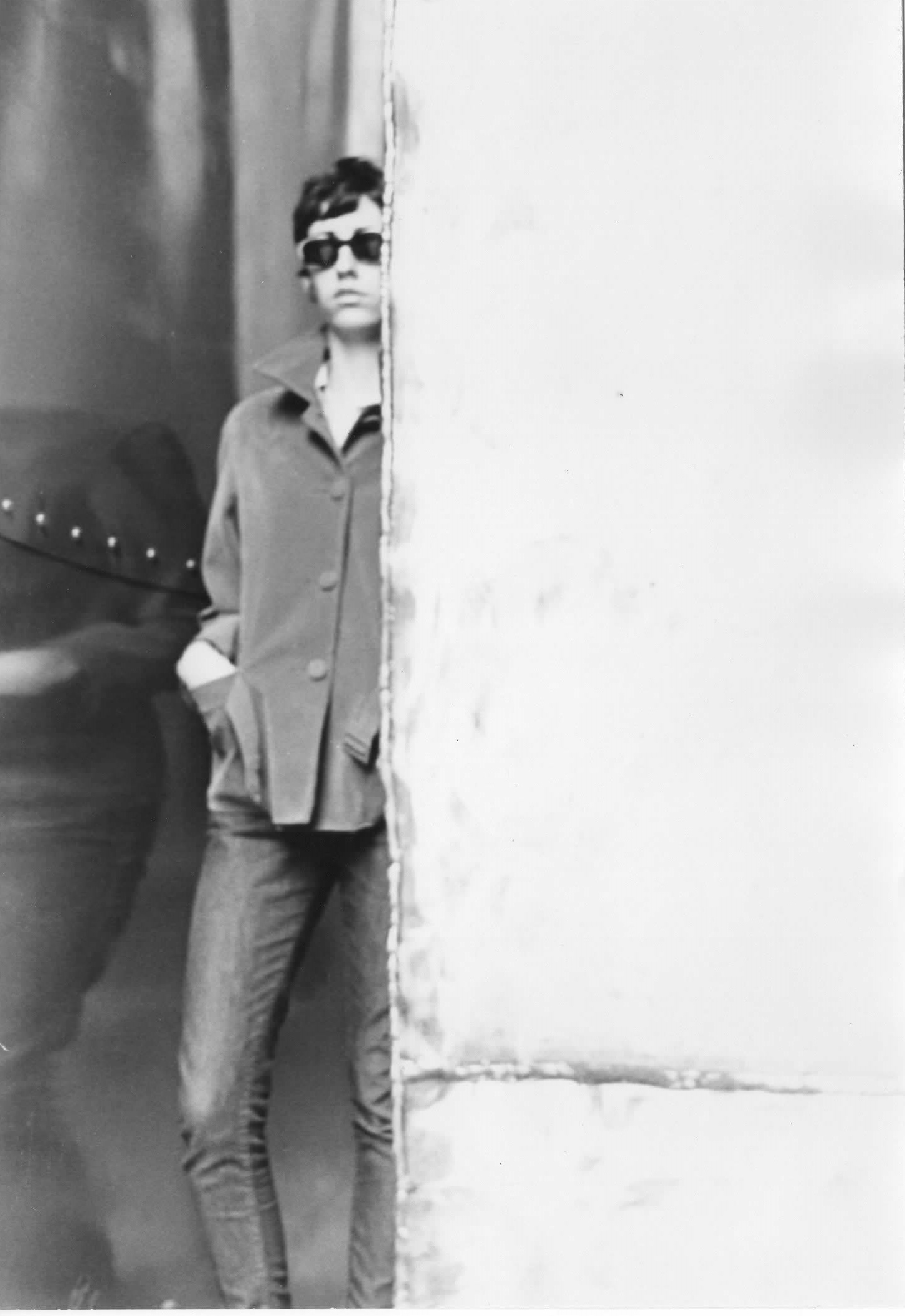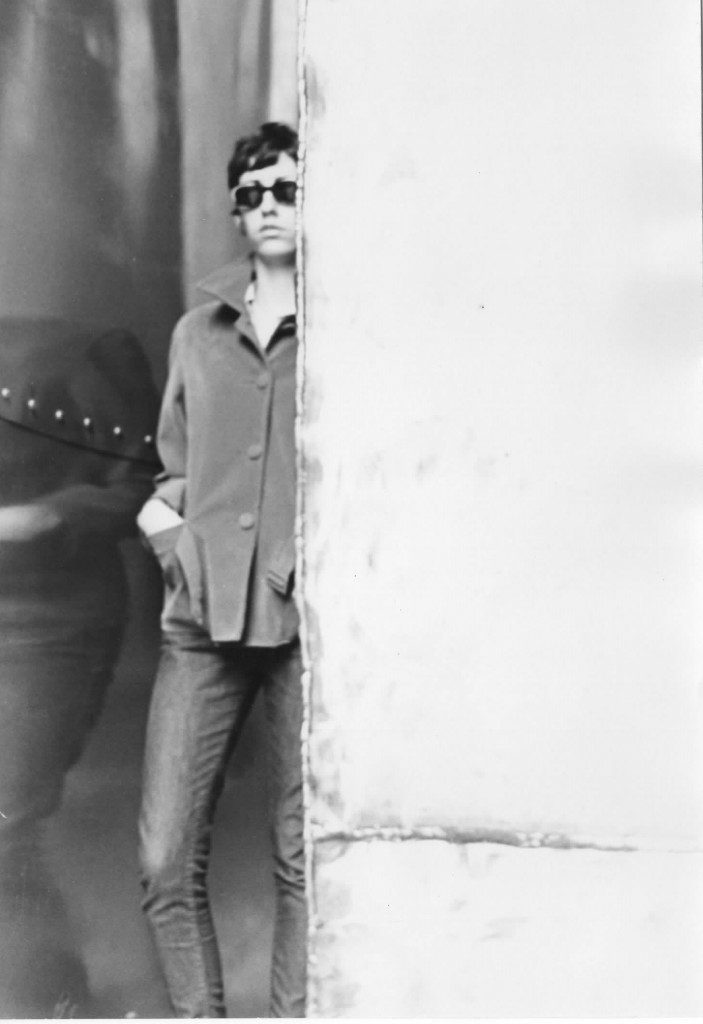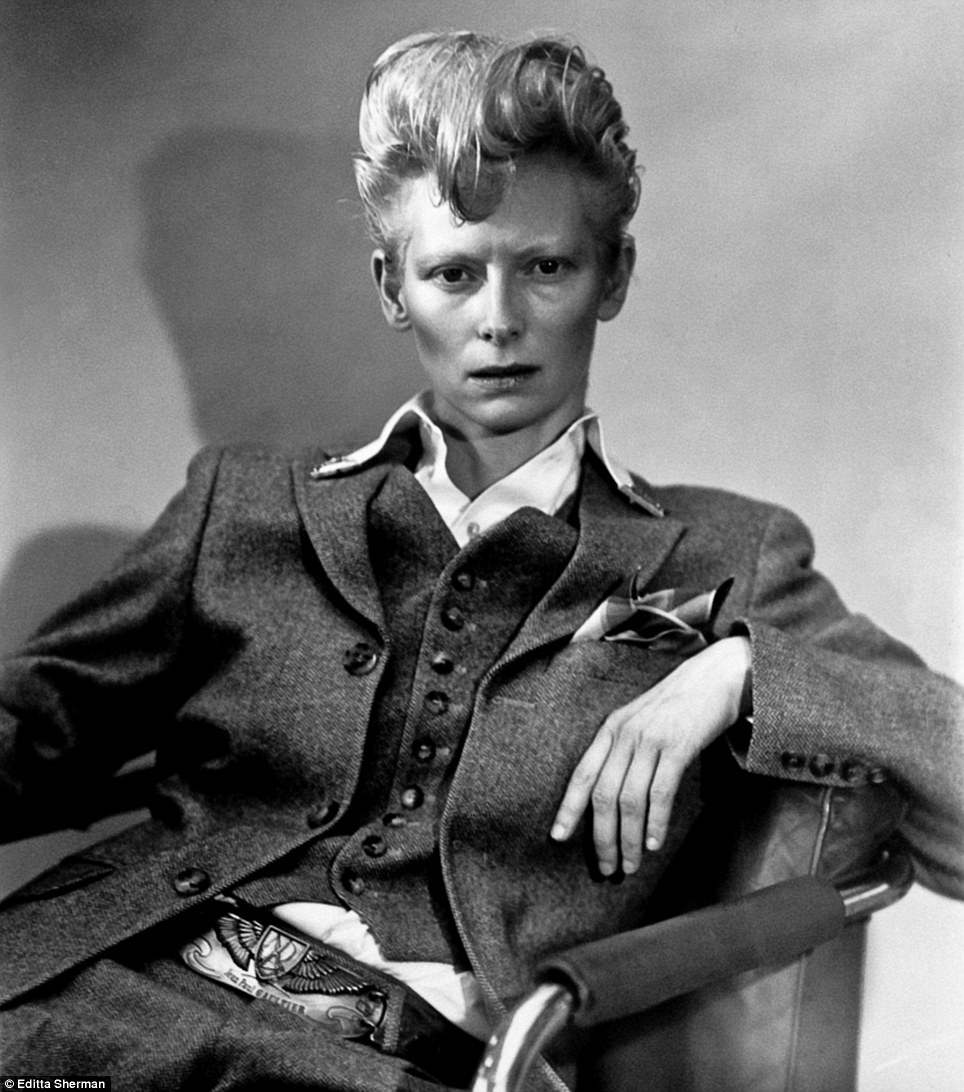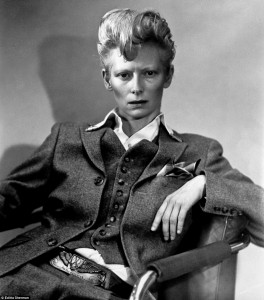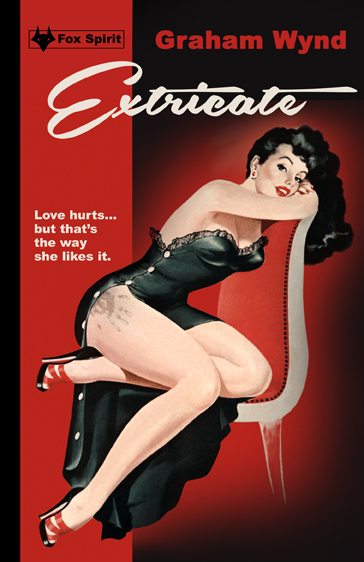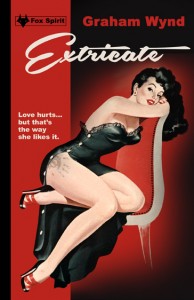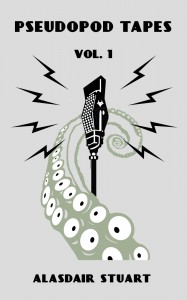 Al you are a journalist, podcast host and all around geek about town. You wrote the essay collection The Pseudopod Tapes so to start off tell us a little about the podcasts you are involved in and your role in them?
Al you are a journalist, podcast host and all around geek about town. You wrote the essay collection The Pseudopod Tapes so to start off tell us a little about the podcasts you are involved in and your role in them?
I host 1.5 of the shows put out by Escape Artists Incorporated. There are three, each covering a different genre of short fiction; Escape Pod for science fiction, Pseudopod for horror and Podcastle for fantasy. They’ve been going for close to a decade now, with Escapoe Pod whistling past episode 400 and Pseudopod not far behind.
The set up for the shows is really simple; the host introduces the story, provides a little background on it and the author and then gets out of the way. The host then pops up at the end of the story, reads a little feedback from previous episodes in some cases, pleads for donations to the show in all cases and closes.
What I do is a little different; each show I host has a micro essay on the back about something in the episode that I liked, or something it reminded me of, or that affected me. Some of the time they’re funny, some of the time they’re grim but they’re always very personal. It’s a weird approach, and one I openly steal from mid-1990s TV show Midnight Caller, but it works, and I enjoy doing it.
What would you say typifies your writing, what can people expect when they see Alasdair Stuart on a byline or book?
Based on this interview, maybe ‘no short responses’? : )
Aside from that sage advice of course, a couple of things. I LOVE genre fiction, it’s got me through every single one of the bad times in my life and that’s 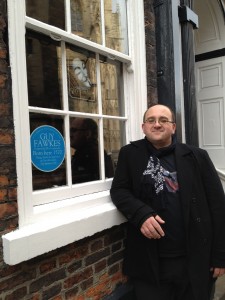 given me a baseline of respect for any piece of fiction I interact with. Creating it is incredibly difficult and just finishing a project with a modicum of coherence is a win worth acknowledging, if not celebrating. That in turn marks me out as, if not a forgiving reviewer, certainly a far more understanding one than the World War Z-esque stampede to see who can piss on someone else’s work fastest this business sometimes seems infested with. Throw in humour, self-awareness where it’s needed and that’s basically me.
given me a baseline of respect for any piece of fiction I interact with. Creating it is incredibly difficult and just finishing a project with a modicum of coherence is a win worth acknowledging, if not celebrating. That in turn marks me out as, if not a forgiving reviewer, certainly a far more understanding one than the World War Z-esque stampede to see who can piss on someone else’s work fastest this business sometimes seems infested with. Throw in humour, self-awareness where it’s needed and that’s basically me.
Oh and meta-fiction. Meta-fictionality is one of those words that brings people out in hives but it’s actually really good fun. The strand of it I always enjoy is the idea that similar stories connect, because that gives you a new layer of understanding to drop over the top of something. For example;
Hellboy is recovered in the closing stages of the Second World War and, ultimately, grows up to join the BPRD. Up until that point, the BPRD field team includes Indiana Jones, Atomic Robo and Rick and Evie O’Connell. Following the war, Rick, Evie and Indy are stood down from active duty and placed in secure jobs. Rick and Evie end up consulting with the British government, themselves plagued by a constantly accelerating stream of extra-terrestrial contacts whilst Indy is given tenure at his old job. There, decades later, he teaches Lara Croft and, a couple of years later, Nathan Drake. Meanwhile in the UK, the O’Connells are contacted by Barbara and Ian Chesterton, two Cambridge dons who haven’t aged since the 1960s about doing a little field work for a new government organization called Torchwood…
Stories are lego. You can connect them together very easily and every new shape is more fun than the last. It’s also a massively useful analytical and educational tool and most of all, it’s FUN.
You have been a huge supporter, not just of Fox Spirit but of the whole Indie publishing movement. What is it that excites you so much about the indie scene?
Three reasons, firstly because I think Fox Spirit, and the small press, are home to some of the most vibrant, interesting writing in genre fiction. Secondly because, especially now I don’t write fiction anymore, I can see how so much of the field is by definition inward looking and cliquey. That isn’t necessarily a bad thing and it’s certainly not a universal one, but you can only go to so many conventions and hear the same jokes from the same people before the Bill Hicks Flying Saucer Tour starts to sound like a good idea. The small press flies completely in the face of that, and some of the most talented, nicest, hardest-working people I’ve met work in the field. They’re unsung heroes and if I’m not prepared to sing their praises, then who else will?
Thirdly, I’m a contrary bastard. I’m tremendously lucky in that some of the places I blog for have huge footprints and that mouthpiece has been demonstrated to help authors and events on more than one occasion. It doesn’t get the audience feedback a lot of stuff does but it makes a difference. I grew up listening to the Mark and Lard show on Radio 1, and it was amazing. Two hours a night Monday to Friday, all off chart, all weird as hell and all interspersed with poetry, film reviews and books. I finished the first stage of my education with them and whilst they never got the acclaim everyone else did, the work they did, the mindset they had of being open to the new, is something that really sunk in with me. Someone needs to be the Mark and Lard of genre fiction and, honestly, I don’t think anyone else is better at it than me.
Your interests run the gamut of genre, film, TV, books, magazines, video and role playing games and all the stuff I haven’t mentioned. What is the common thread? What is in in any media or genre that hooks your interest?
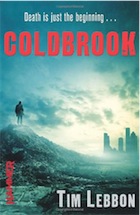 Excellent question. I think it boils down to two things; clarity of approach and FUN. I watched the first episode of Top of the Lake last night (As I write this) and …honestly I may not be back. It’s beautifully shot, has three of my favourite actors in it and there’s a scene in the first episode that just breaks the show in two. It’s a monologue about the friendship one of the female characters had with her chimp, how badly it ended and how that’s why she’s ended up at Holly Hunter’s character’s compound. It’s one of the most demonstrably bad pieces of writing I’ve ever encountered and it just hits the ground like a lead weight. If it’s meant to be funny then it isn’t, if it’s meant to be poignant it’s absurd and if, as seems likely, it’s meant to massively differentiate the male and female viewpoints in the series then it’s so clunky you can hear the gears shift halfway through. There’s nothing close to it in tone in the rest of the episode and that sort of huge disparity, the moment where a writer gets too attached to a character, a beat, an image is a deal breaker for me. Conversely, a story that stays on target is a thing of beauty and we’re blessed with far more of them than a lot of people seem to notice.
Excellent question. I think it boils down to two things; clarity of approach and FUN. I watched the first episode of Top of the Lake last night (As I write this) and …honestly I may not be back. It’s beautifully shot, has three of my favourite actors in it and there’s a scene in the first episode that just breaks the show in two. It’s a monologue about the friendship one of the female characters had with her chimp, how badly it ended and how that’s why she’s ended up at Holly Hunter’s character’s compound. It’s one of the most demonstrably bad pieces of writing I’ve ever encountered and it just hits the ground like a lead weight. If it’s meant to be funny then it isn’t, if it’s meant to be poignant it’s absurd and if, as seems likely, it’s meant to massively differentiate the male and female viewpoints in the series then it’s so clunky you can hear the gears shift halfway through. There’s nothing close to it in tone in the rest of the episode and that sort of huge disparity, the moment where a writer gets too attached to a character, a beat, an image is a deal breaker for me. Conversely, a story that stays on target is a thing of beauty and we’re blessed with far more of them than a lot of people seem to notice.
Then there’s the fun, because there should always be fun, or at the very least enjoyment. In the space of the last few days I’ve read Coldbrook by Tim Lebbon, seen Pacific Rim and watched the latest episodes of Hannibal and a chunk of season 5 of The West Wing. All of which are hugely enjoyable, despite being tonally completely different. In each case it’s because they have a clear tone, stick to it and have fun playing with their particular set of narrative toys. ‘Access’ the CJ-centric documentary episode of The West Wing was as enjoyable as watching Gypsy Danger use shipping containers as knuckle dusters which was, in turn as enjoyable as reading Tim Lebbon’s uniquely horrific take on the zombie apocalypse. Fun is the programming language of all good fiction, whatever it is, and whatever approach it takes. As long as it’s entertaining you’re more than halfway home.
What one thing would you say everyone should know coming into scene be it through journalism or fiction writing, game design, cover and comic art or whatever?
Don’t be British about anything. My career has been hurt, over and over, by being too polite, too modest. It’s as bad, and more insidious, as click hunting or endlessly beating your own drum because it changes how you think. You’re work isn’t good enough, you don’t deserve the attention, keep going and eventually you’ll be discovered without ever having to do anything.
It’s all crap. All of it.
Every single aspect of every single art requires mental focus and discipline. The foundation of that is confidence, not arrogance, confidence. It’s very 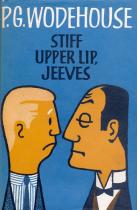 easy to be frightened of ‘no’ and it’s even easier t hide under ‘maybe next time’ forever. If you do, you will be a decade down the line with nothing done and so much more work to do that you may not bother with any of it.
easy to be frightened of ‘no’ and it’s even easier t hide under ‘maybe next time’ forever. If you do, you will be a decade down the line with nothing done and so much more work to do that you may not bother with any of it.
Please don’t do that. You deserve better. We all do. Show up. Start something, put your hand up first, volunteer. Feel frustrated no one’s noticed what a genius you are yet? Use that as motivation. Can’t finish a project? Be honest, put it away and start something else. Never, ever stop moving, never, ever stop trying and for the love of all that’s holy don’t be British about anything. The natural reticence and modesty that people like to view as part of the national character is creative kryptonite. Don’t go near it. Put your hand up. Try something. Make something. It’s much more interesting.


